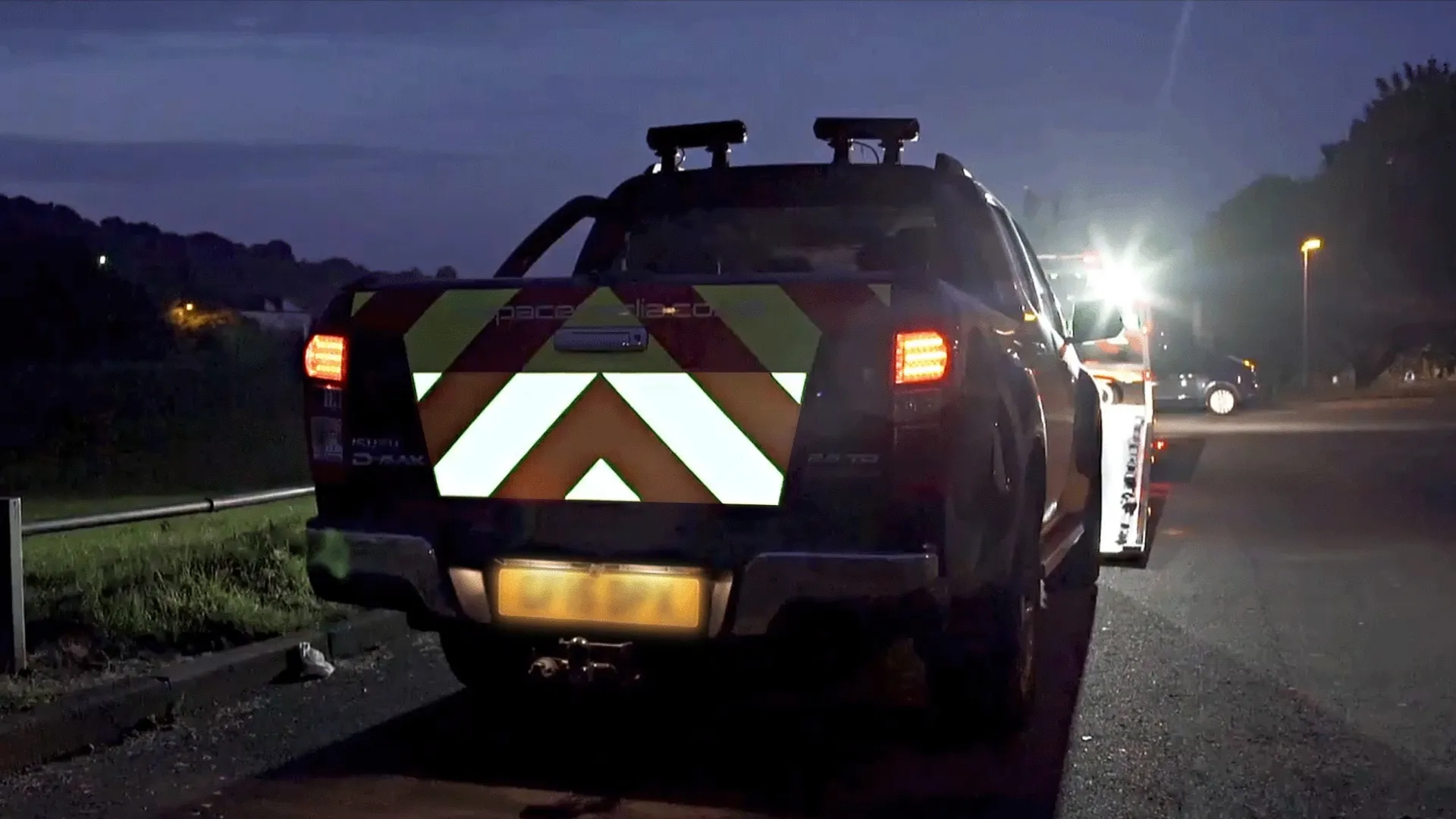The HGV road user levy has made more than £17 million in the four months since it came into operation, says the UK
More than 618,000 levies have been purchased for over 112,000 vehicles from 76 different countries since the HGV road user levy was introduced in April 2014 – which has produced enough money to patch more than 320,000 potholes on the UK’s roads.
Recent evidence shows over 95% of heavy goods vehicle operators are paying the new levy in Great Britain. Roadside checks have seen DVSA enforcement officers issue over 850 fixed penalty notices to drivers who have not paid – resulting in fines worth more than £250,000.
Transport minister Robert Goodwill said: “I welcome these figures which show that the levy brought in by this government is really working. We anticipated the levy would generate around £20 million a year – to take £17 million in just four months is impressive and shows that compliance has remained high since introduction.
“Before the levy was introduced we had a ridiculous situation where foreign HGV drivers could fill up their tanks on the continent, pick up business in the UK and return to the mainland without even buying fuel here – without giving a penny to help maintain our roads.
Meanwhile British hauliers were effectively operating at a disadvantage. I’m glad to see this levy has addressed that imbalance.”
James Hookham, from the Freight Transport Association, said: “UK road freight operators have consistently argued that foreign-registered HGVs operating in the UK should contribute to their use of our roads. The HGV levy ensures this, and in so doing helps those domestic UK hauliers who are in direct competition with foreign carriers for loads.”
All hauliers driving trucks of 12 tonnes or more must pay the levy before using UK roads, but UK hauliers do so when buying their vehicle excise duty to keep administration costs to a minimum. Discounts are available for longer periods, with charges varying between £1.70 and £10 per day or £85 to £1,000 per year.
The levy is part of the coalition’s promise of a fairer deal for UK hauliers, which includes cutting the duty paid on standard diesel to less than it was in October 2010 and freezing HGV vehicle excise duty during this Parliament.
Lorry levy a success after only four months
The HGV road user levy has made more than £17 million in the four months since it came into operation, says the UK Department for Transport.
More than 618,000 levies have been purchased for over 112,000 vehicles from 76 different countries since the HGV road user levy was introduced in April 2014 – which has produced enough money to patch more than 320,000 potholes on the UK’s roads.
Recent evidence shows over 95% of heavy goods vehicle operators are paying the new levy in Great Britain. Roadside chec
August 15, 2014
Read time: 2 mins








